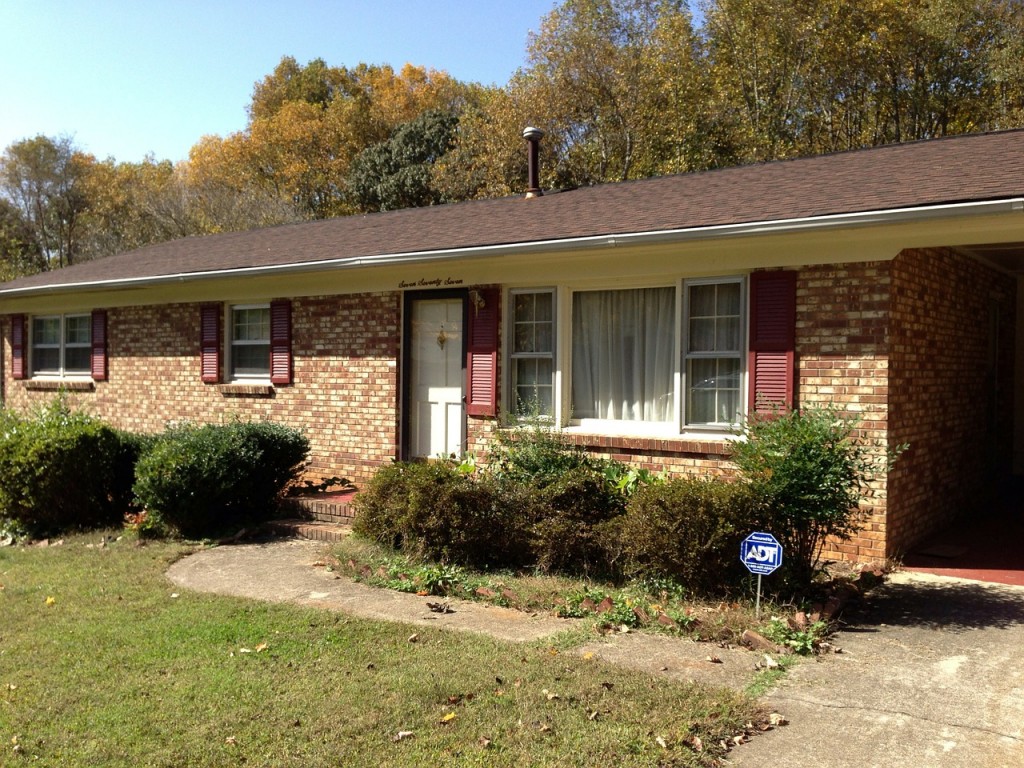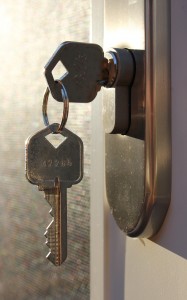Looking at houses that could potentially be your next home can be a lot of fun. It’s almost voyeuristic…you get full access to a stranger’s home. You can get lots of decorating ideas or peak into the owner’s lives through pictures and other items around the house. But you’re viewing these houses for a reason…to find one to call your own. Use our checklist for what to look for during a walk  through.
through.
Tip: assign a point value to each item depending on your priorities and the condition of the item, add the score up at the end of each walkthrough and use the score to help you decide which house meets your needs and wants.
Exterior
- Roof
- Siding/brick/stucco
- Windows
- Doors
- Landscaping
- Fencing
- Sidewalks/driveway
- Deck/patio
- Pool
- Garage/shed
Living Areas
- Carpet/hardwood/tile
- Windows
- Doors
- Walls
- Molding and baseboards
- Lighting (natural & electric)
- Climate systems (heat & AC)
- Closets & storage
- Electrical outlets
Kitchen
- Appliances
- Fixtures
- Cabinets
- Pantry
- Countertops
- Flooring
- Eat-in
- Layout
- Plumbing
- Electrical outlets
- Electric or gas hookups
Bedrooms
- Number
- Carpet/hardwood
- Windows
- Doors
- Windows
- Molding and baseboards
- Lighting (natural & electric)
- Closets
- Electrical outlets
- Size
Bathrooms
- Number
- Flooring
- Window(s)
- Door
- Fixtures
- Tub
- Toilet
- Mirror
- Countertops
- Storage
- Shower stall
- Lighting (electric & natural)
- Electrical outlets
Miscellaneous
- Privacy
- Accessibility to transportation
- Crime rate
- School rating
- Traffic
- Parking
- Neighborhood offerings (parks, playgrounds, rec centers)
- Neighborhood condition (well maintained homes, low vacancy)



